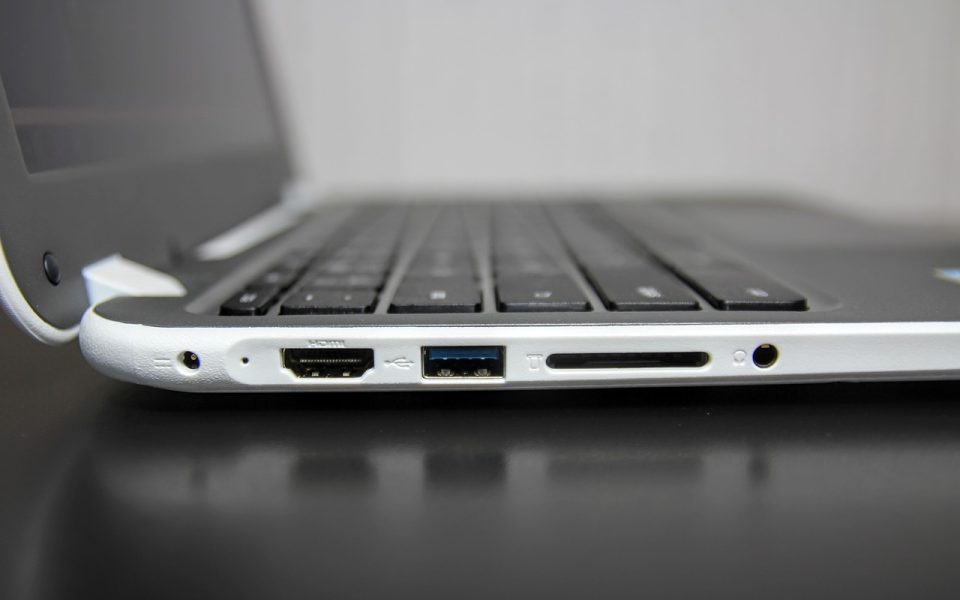by John Railey
Imagine that you are a child in these strange new days, bewildered enough by adults debating whether to wear facemasks and facing your own challenge: how to keep up with your schoolwork without home internet when your school has shut down, realizing, but not understanding, why many other students have the access that you lack.
The Winston-Salem/Forsyth County school system is confronting that issue with an innovative strategy. That strategy has already included loaning almost 25,000 Chromebook-style laptops for home use to students — almost half of the approximately 55,000 students in the system — and 3,400 hotspots. More measures are coming when the fall semester begins, whether that will be on-site, virtually or some combination of the two.
The pandemic “really kind of brought to the forefront again just the access needs that many families have,” said Effie McMillian, the new executive director of equity for the local school district.
The fact that many students needed laptop computers was not surprising to researchers at Winston-Salem State University’s Center for the Study of Economic Mobility. In 2018, research Fellows Alice Etim and James Etim led a survey of about 300 parents with children in economically disadvantaged schools in the local district. According to the survey, it is possible that nearly 25 percent of the children of those parents do not have computer or Internet access at home.
More than 90 percent of the parents surveyed said they had cell phones. However, it is hard for students to do homework on cell phones especially if they have to wait in line behind other siblings to use that phone.
The survey also found that, for parents without computers, about 29 percent said their primary access to a computer was at their neighborhood library. In pre-pandemic days, students could, at least, try to catch up on their computer work at school or, after school, at their local library. Now those options are unavailable, perhaps for months to come.
“We’re working on plans to close that digital divide for students,” McMillian said.
As the school system followed Gov. Roy Cooper’s requirements in closing conventional classes this past spring in response to the pandemic, McMillian said it sent out a survey to all parents in the district asking about their children’s internet needs at home. The system determined that almost 25,000 home computers were needed and delivered Chromebooks to the students, McMillian said, drawing from supplies in the classrooms. The system, concentrating on delivering the notebooks rapidly to the students who needed them, did not ask questions in the survey about parents’ finances. The system will now move, she said, to make sure every student in the system has a laptop for home and school use.
Toward that end, McMillian said, the school system is also exploring digital curriculum, ensuring that it is making as much curriculum as possible available through downloads that do not require internet access, and hopes to have that process completed by the fall. Material will likely be downloaded through a Chrome web app/extension, Realize Reader. For material that does need internet access, McMillian said, the system is exploring more opportunities for students to have easier access to wifi.
Alice Etim says that, for equal access, “every student will need a broadband or wifi connection at home with fast internet access and the ability to connect and interact with his or her teacher via Zoom or any related online learning platform.” James Etim added that “each student will need a parent or guardian at home to help with ensuring that work is completed.” Their study found that 65 percent of the responding parents had fulltime employment, which poses a huge challenge to student help and guidance at home.
McMillian, who came to the system this past fall, leads the Engagement Task Force, a group composed[JG1] of school officials and community leaders started in response to the pandemic to develop a framework to help students with remote learning and issues such as access to tutoring. She hopes the system and its community partners, concentrating on equity and removing barriers, can build on the energy and alliances they have forged during the pandemic.
The pandemic probably gave teachers some new awareness, McMillian said, “but I don’t think it was all totally new, because they work with these students every day and their families and already had those relationships.”
The Center for the Study of Economic Mobility anticipated the virtual gap. The Etims and research Fellow Charity Griffin, along with center staff and student interns, continue to explore issues of inequity in the local school system, working with teachers to put research on these issues before the public and policymakers. The pandemic has made the effort to confront the digital divide all the more crucial.
John Railey is the writer-in-residence for CSEM. He can be reached at [email protected]. To learn more about CSEM, go to wssu.edu/csem
Join the First Amendment Society, a membership that goes directly to funding TCB‘s newsroom.
We believe that reporting can save the world.
The TCB First Amendment Society recognizes the vital role of a free, unfettered press with a bundling of local experiences designed to build community, and unique engagements with our newsroom that will help you understand, and shape, local journalism’s critical role in uplifting the people in our cities.
All revenue goes directly into the newsroom as reporters’ salaries and freelance commissions.


Leave a Reply